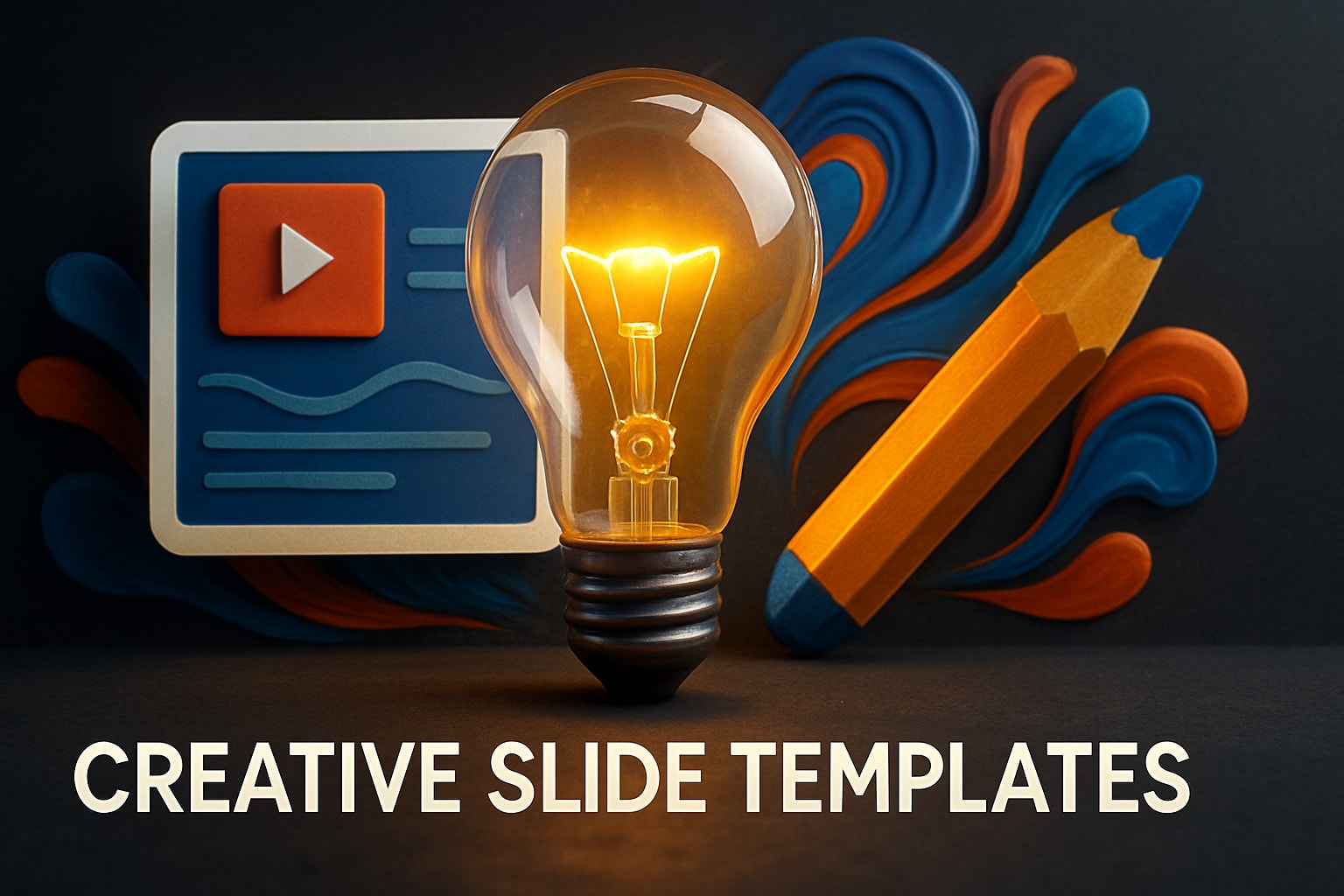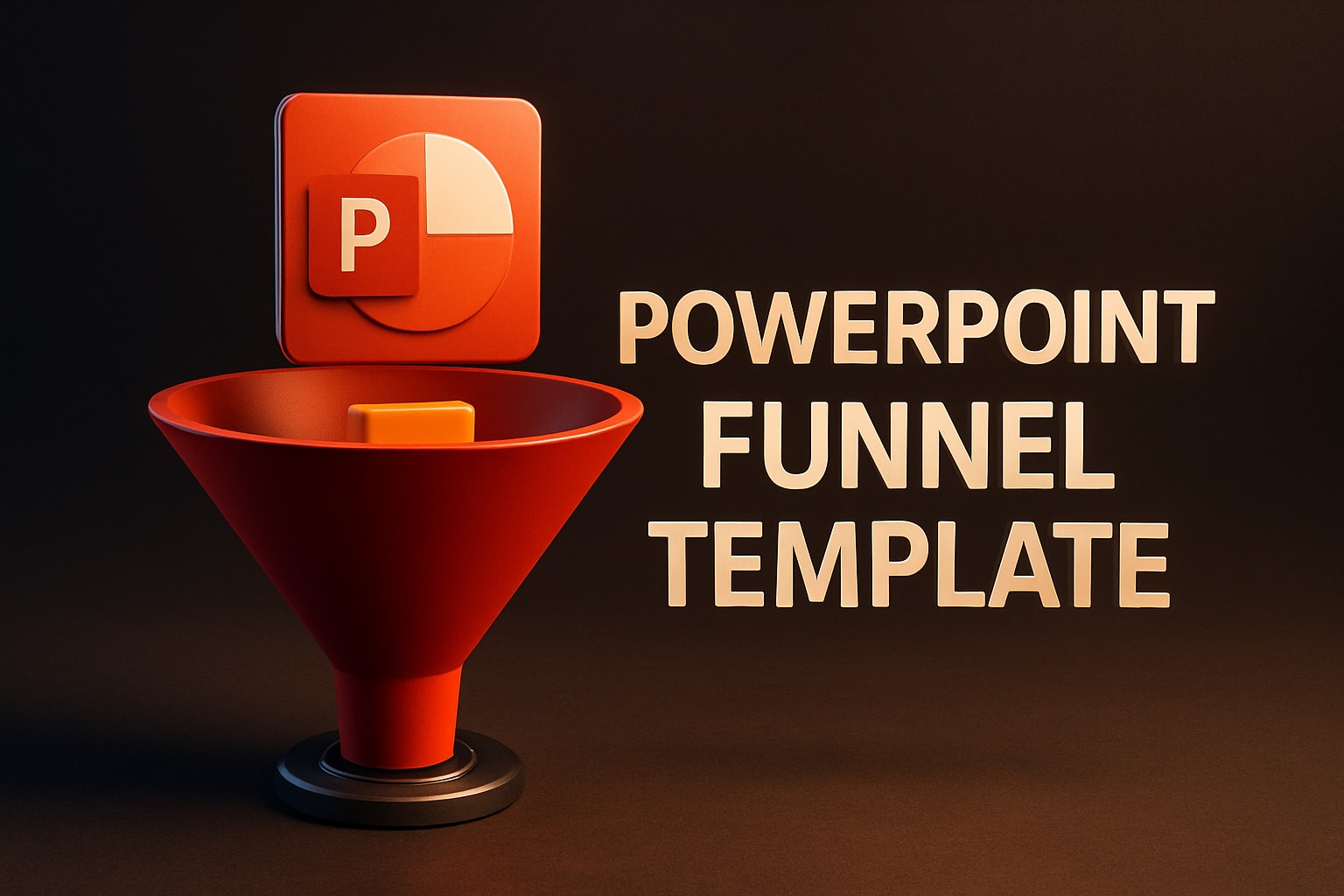How Can A Proper Pitch Deck Buy You A Loyal Investor?

If you are told by your designer that the pitch deck he develops for you will guarantee a closed deal, it is a lie.
The reality is, even after making your due diligence on your investor, there is no way of fully knowing whether the investor-product fit really clicks — up until you deliver the pitch. Experienced startup founders would know that a good pitch deck won’t win you deals on every investor presentation simply because not all projects are fitted to each investor.
It takes more than just power words to win investors over to your side.
As such, knowing the types of investors and what areas they will be mostly concerned about would gain you focus when designing or delivering your pitch.
A non-technical investor would delve more on your product, your business model or your market. However, you don’t want them to feel overwhelmed nor unappreciative of the technology behind your idea.
Meanwhile, an investor with a financial background may want to know every detail of your business including KPIs, dashboards and a realistic 5-year revenue projection. But inasmuch as you’d like to accommodate all their inquiries, you wouldn’t want to be caught giving a wrong forecast or lose the deal just because of a minor detail.
On the other hand, a risk-averse investor may want other investors to invest in you first, so you may consider clarifying their assumptions and doubts, while still maintaining a good relationship as they can be valuable once you get some initial investors on board.
Sometimes, these quirks reveal themselves during the presentation, which might rattle a newbie founder. To address the fear of the unknown, a change of mindset would be helpful…
Remember that while you are pitching to investors, you are choosing among them too.
Some aspects you may want to consider: who is the investor who can make time to help you with business development, M&A, etc.? Will their specialization complement the gaps that you have on your team? Is their funding strategy matching yours? If you want to learn more about the types of investors and how to raise funds for startups, you might be interested in reading the book of Alejandro Cremades (Forbes expert) The Art of Startup Fundraising
Now if all the stars are aligned and you get those prized commitment letters from VCs, you know too that these come with obligations.
While a majority of the VCs are aware that scaling a business is harder than getting a solid idea running, they might be looking at how your startup is able to brace itself against the hard times and confidently make tough decisions e.g. executing cost-reduction measures even before the business takes a downturn.
But if you are still in the business ideation stage and a bit anxious about whether your game-changing idea can translate into a successful business, a multi-billion dollar investor like Jeff Bezos may shed light on your doubts.

And once you’ve delved deeper on the feasibility of your business concept, you may start working on your pitch deck.
Having a pitch deck ready with you means that you can steer a purposive conversation with prospective partners, investors, team members, and mentors whenever an opportunity presents itself. Do not forget about communication skills. Read in my article on Things We Thought We Knew about Communication and Why it Matters in Business Presentations.
And when you are ready to secure venture capital funding, your pitch deck will depend on what stage you are at. At the seed round, it is usually appropriate to send a shorter pitch to the investors you’ve been introduced to, and to other warm (or even cold) prospects and funders with the aim of scheduling an in-person or online pitch.
One tip for you when preparing your seed pitch is to aim for a concise and clear picture of your business proposal. Show off your traction (if you have metrics worth sharing) and describe your market’s pain point and concrete solution as few words as possible.
As for the A/B+ series, the pitch is almost always in-person. To schedule a meeting though, your pitch deck will be sent to a ‘gatekeeper’ who can introduce you to another senior partner, who can endorse you to another, etc. until you get your deck in front of the main investor. That’s what I can tell, based on the experience of my clients and their peers in the startup industry.
Nowadays, the odds are working on your favor. Trends show that money invested by US-based VC firms into startups grew more by 4x since 2003, and there’s significant investor funding allocated towards the seed stage.
There’s roughly 1 venture capital made every hour. Are you prepared to compete to take your business forward?
If you are quite unsure at what investors want or just overwhelmed at how to start your deck, I’ll be happy to share more of what I know.

- This is some text inside of a div block.lay out the facts clearly and compellingly. Use data to establish the ground reality, but remember that facts alone are like the individual strands of a tapestry—necessary but not complete.lay out the facts clearly and compellingly. Use data to establish the ground reality, but remember that facts alone are like the individual strands of a tapestry—necessary but not complete.
- This is some text inside of a div block.lay out the facts clearly and compellingly. Use data to establish the ground reality, but remember that facts alone are like the individual strands of a tapestry—necessary but not complete.




